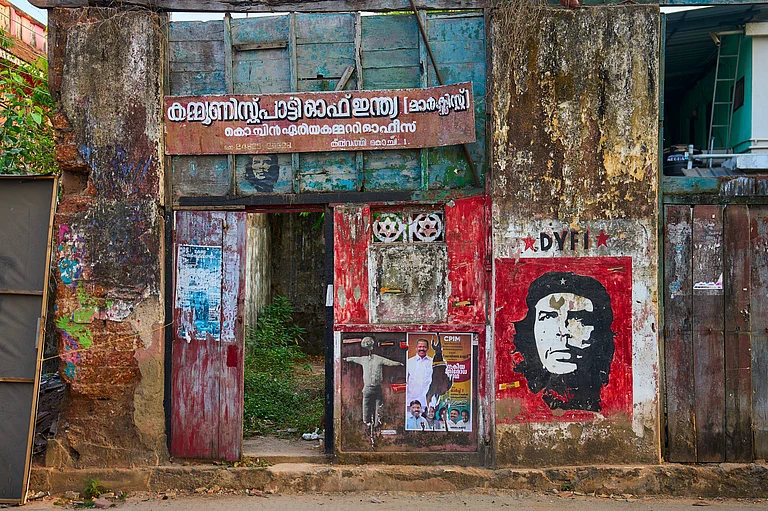With the threat of Covid’s Omicron variant looming, senior citizens, especially who have co-morbidities, need to be careful. However, it also makes sense to be prepared.
A comprehensive health insurance cover makes sense for senior citizens as they need a wider coverage than other members of the family.
“We need to come to terms with the fact that Covid19 hasn’t left us and there is a continuous threat on all of us and more on senior citizens due to their delicate age. It’s also true that they face a higher risk of catching the new variant of Covid. Comprehensive senior citizen health insurance plans do cover the treatment of coronavirus and it’s all variants,” says Naval Goel, founder and CEO, PolicyX.com, an insurance portal.
Which Policy Should You Buy—Family Floater or Standalone?
Senior citizens, typically, have medical conditions that require constant medical assistance, which may not be the case for the other family members. “Therefore, it is always recommended to cover parents under a separate plan specifically designed for senior citizens. Such plans provide conditions and facilities that are best suited for them,” says Goel.
Buying a family floater with a senior citizen will also mean that you pay higher premiums. The cost for the family floater health insurance plan is determined by the age of the family's eldest member. “For example, suppose you have a family floater policy with a sum insured of Rs 10 lakh, and the insured persons are you (30), your spouse (28), and your parents (both 60 years). The premium for this policy will skyrocket, and the policy will expire as soon as your parents reach the policy’s maximum age limit. Any pre-existing disease will raise the premium for the family's coverage,” ‘says Mayank Kale, CEO and founder of Loop Health, a health insurance company.
Buying a family floater for the younger members of the family and a standalone health policy for the senior citizens, therefore, may be more cost-effective and provide better coverage to all the members.
What Should Be The Sum Insured?
It is critical to have a plan that provides maximum coverage with the fewest exclusions. “You must also consider any illnesses or surgeries that your parents may require. It is preferable to choose a plan with a higher sum insured. You can consider, a cover of Rs 10 lakh to Rs 20 lakh for each of your parents, depending on where they live,” says Kale.
If a person is below the age of 55 years, then Rs 5-7 lakh of the sum insured is sufficient and if the person is above the age of 55 years, then they can take an insurance for Rs 10 lakh, say experts.
In insurance parlance, the co-pay amount is the percentage of the claimable hospital bill that you must pay. Co-payment is an agreement where the insured promises to pay some percentage of medical bills from their pockets. The percentage is pre-decided at the time of buying a policy and it varies from company to company. A higher co-payment amount sometimes makes the policy affordable, but you must weigh your options.
Things To Keep In Mind
Here are some tips that you can keep in mind while considering optimum health insurance cover for your parents:
Start Early: One should buy a health plan for parents as early as possible. This will help avoid restrictions related to age. As a rule, premiums tend to increase with advancing age.
Pre-Existing Illnesses: Study the policy conditions carefully to check for coverage of pre-existing conditions. This would be covered after a prescribed waiting period (usually 36 to 48 months).
Invest In Critical Illness Coverage: A critical illness management requires longer care. A critical illness plan is the best since it provides a lump sum amount on the first diagnosis of the illness.
While buying a policy, don’t forget to check the waiting period and the hospital network. Also, check if there is any coverage for day-care expenses as some conditions that senior citizens suffer may require that.
What May Not Be Covered?
While you understand what is covered in the health policy for parents, it is equally important to know what is not covered:
- Diseases contracted or diagnosed within 30 days of taking health insurance for parents
- Any sort of non-allopathic treatment
- Cosmetic surgery
- Medical expenses for treatment of AIDS
- Injuries occurring as a result of war
- Expenses incurring on self-inflicted injuries
- Expenses occurring for the treatment of drug abuse
- Expenses for general dental treatment, lenses and spectacles, unless needed due to an accident.


























